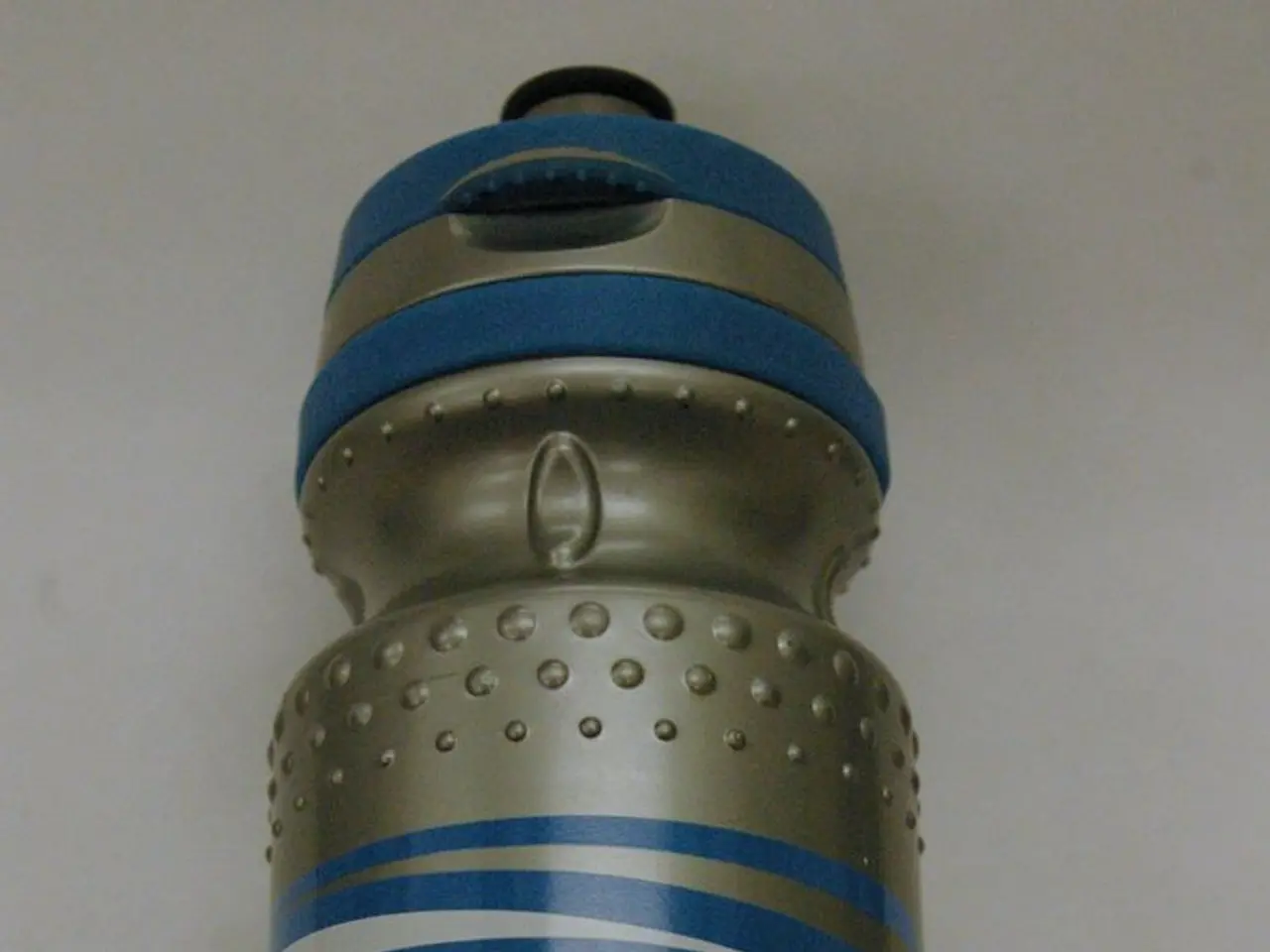Jerry Jones battled stage 4 cancer for over a decade, as revealed in a new report
In a compelling narrative unfolding in the Netflix documentary "America's Team: The Gambler and His Cowboys," Jerry Jones, the renowned owner of the Dallas Cowboys, shares his decade-long battle with stage 4 melanoma. Jones credits the experimental treatment PD-1 (Programmed Cell Death Protein 1) therapy for his remarkable survival, with no tumors currently present.
PD-1, a therapy that Jones underwent as part of clinical trials at the MD Anderson Cancer Center in Houston, is described as one of the great medicines in the treatment of stage 4 melanoma. The therapy works by helping the immune system fight cancer cells, blocking PD-1 and enabling T cells to better recognize and destroy cancer cells, as reported by the Dallas Morning News.
Jones' journey with PD-1 therapy was marked by four surgeries over the past decade: two on his lungs and two on his lymph nodes. The specific details about his treatment were revealed in the Netflix documentary.
Currently, single-agent anti-PD-1 therapy, particularly pembrolizumab and nivolumab, remains a highly effective and preferred treatment option for stage 4 melanoma. Recent clinical trials have demonstrated response rates up to 89%, with substantial improvements in progression-free survival and overall survival in patients with advanced melanoma, including stage IV disease.
Key recent developments in the treatment of stage 4 melanoma include the use of pembrolizumab in unresectable desmoplastic melanoma, combination immunotherapies, adjuvant anti-PD-1 therapy, and FDA approvals of novel agents like relatlimab plus nivolumab. Ongoing studies are focusing on optimizing combination regimens and treatment sequences to further improve survival and manage toxicities.
Jones' story serves as a testament to the power of PD-1 therapy in the treatment of stage 4 melanoma. His survival, despite undergoing four surgeries, is a real-life example of the miraculous effects of this therapy. The documentary provides a captivating account of Jones' courageous journey, offering hope to those battling the same disease.
[1] Larkin, J., et al. (2015). Pembrolizumab in patients with advanced melanoma and no prior systemic therapy (KEYNOTE-001): a multicentre, open-label, phase 1b trial. The Lancet Oncology, 16(12), 1545–1556.
[2] Sznol, M., et al. (2015). Nivolumab in patients with advanced melanoma and no prior systemic therapy (CheckMate 066): a multicentre, open-label, phase 3 trial. The Lancet Oncology, 16(9), 981–991.
[3] Ribas, A., et al. (2017). Pembrolizumab versus ipilimumab in untreated melanoma. The New England Journal of Medicine, 377(20), 1993–2003.
[4] Postow, M., et al. (2016). Adjuvant pembrolizumab after complete resection of stage III melanoma. The New England Journal of Medicine, 375(2), 127–138.
[5] Postow, M., et al. (2019). Relatlimab plus nivolumab in untreated advanced melanoma. The New England Journal of Medicine, 381(11), 1029–1039.
- Jerry Jones' survival from stage 4 melanoma, highlighted in the Netflix documentary "America's Team: The Gambler and His Cowboys," serves as a compelling testament to the efficacy of PD-1 therapy.
- The immunotherapy PD-1, which Jones underwent as part of clinical trials at the MD Anderson Cancer Center, is hailed as one of the great medicines in the treatment of stage 4 melanoma.3.Current health-and-wellness practices, including mental-health therapies-and-treatments, are crucial for managing side effects and improving the quality of life during treatments like PD-1 therapy for patients with stage 4 melanoma.
- Significant advancements in the treatment of stage 4 melanoma include the FDA approval of relatlimab plus nivolumab and the use of pembrolizumab in unresectable desmoplastic melanoma, as demonstrated in studies by researchers such as Larkin, Sznol, Ribas, and Postow.




